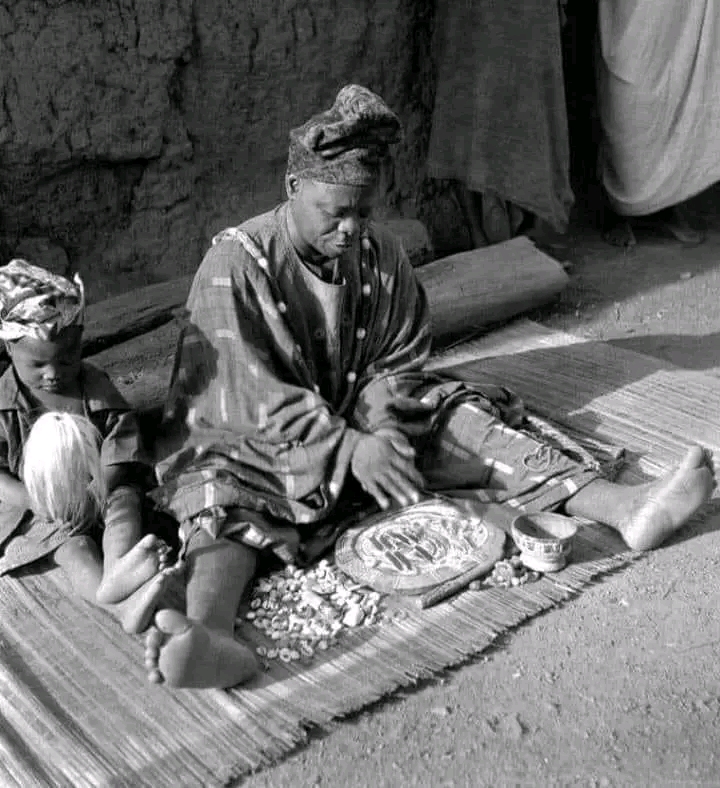
The Yoruba people, one of the largest ethnic groups in Africa, boast a rich and vibrant culture that spans centuries. Originating from what is now modern-day Nigeria, the Yoruba have left an indelible mark on the world with their unique customs, language, and traditions. In this comprehensive exploration, we delve into the essence of Yoruba culture, uncovering its origins, traditional practices, notable contributions, and enduring legacy.
Origins and Migration:
The history of the Yoruba people traces back to ancient times, with evidence suggesting their migration from the Nile Valley region to their current homeland in southwestern Nigeria. Renowned for their advanced agricultural practices and skilled craftsmanship, the Yoruba established several powerful city-states, including Ife, Oyo, and Benin, which flourished from around the 12th to the 19th century.
Language and Greetings:
Central to Yoruba identity is the Yoruba language, a tonal language spoken by millions across Nigeria and beyond. Greetings hold particular significance in Yoruba culture, with expressions like "Ẹ kú àárọ?" (How are you?) and "Bààbá mí" (My father) reflecting the importance of familial ties and respect for elders.
Hospitality and Community:
Yoruba hospitality is legendary, with guests treated with utmost warmth and respect. Whether welcoming friends, family, or strangers, Yoruba households offer generous hospitality, often serving traditional dishes like "amala" and "ewa agoyin" accompanied by lively conversation and music.
Art, Religion, and Development:
The Yoruba are renowned for their artistic prowess, with intricate sculptures, textiles, and beadwork showcasing their creative ingenuity. Central to Yoruba spirituality is the belief in Orisha, a pantheon of deities representing various natural forces and aspects of human life. This rich religious tradition has influenced Yoruba art, music, and dance, fostering a deep sense of cultural identity and pride.
Major Achievements and Contributions:
Throughout history, the Yoruba have made significant contributions to various fields, including literature, politics, and academia. Notable figures like Wole Soyinka, the first African Nobel laureate in Literature, and Funmilayo Ransome-Kuti, a pioneering women's rights activist, have helped shape the course of Nigerian and global history.
Global Presence and Influence:
Beyond Nigeria, Yoruba culture has left an indelible mark on the world stage. From the vibrant rhythms of Afrobeat music to the colorful celebrations of festivals like Osun-Osogbo and Olojo, Yoruba traditions continue to captivate audiences worldwide, fostering cultural exchange and appreciation.
Enduring Traditions and Modern Challenges:
Despite the challenges of modernization and globalization, Yoruba traditions remain resilient, evolving to meet the demands of contemporary life while preserving their cultural heritage. Initiatives to promote Yoruba language and culture in schools and communities underscore the commitment to safeguarding this rich legacy for future generations.
Conclusion:
In conclusion, the Yoruba people stand as custodians of a cultural legacy that spans centuries, encompassing a tapestry of traditions, beliefs, and achievements. From their ancient origins to their enduring influence on global culture, the Yoruba continue to inspire awe and admiration, reminding us of the beauty and resilience of human diversity. As we celebrate their rich heritage, may we embrace the spirit of unity, hospitality, and creativity that defines the essence of Yoruba culture.